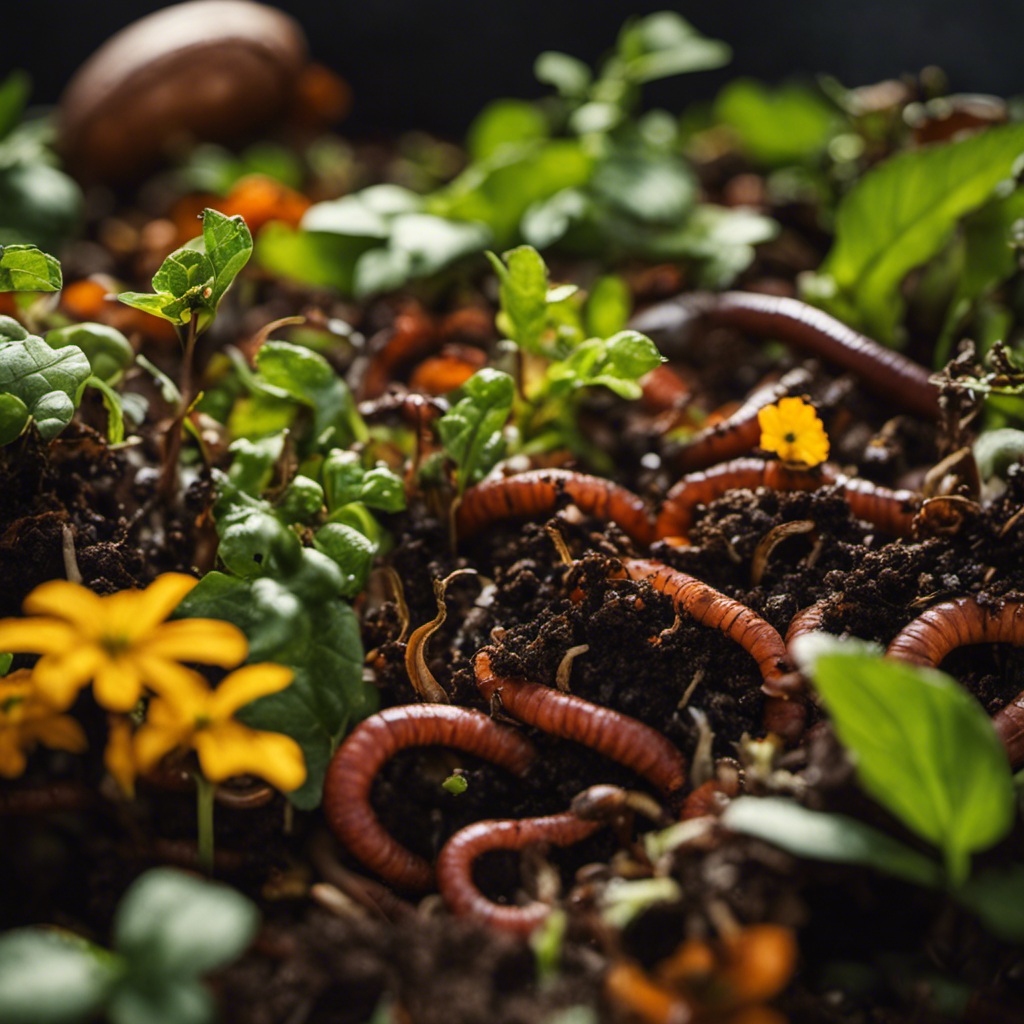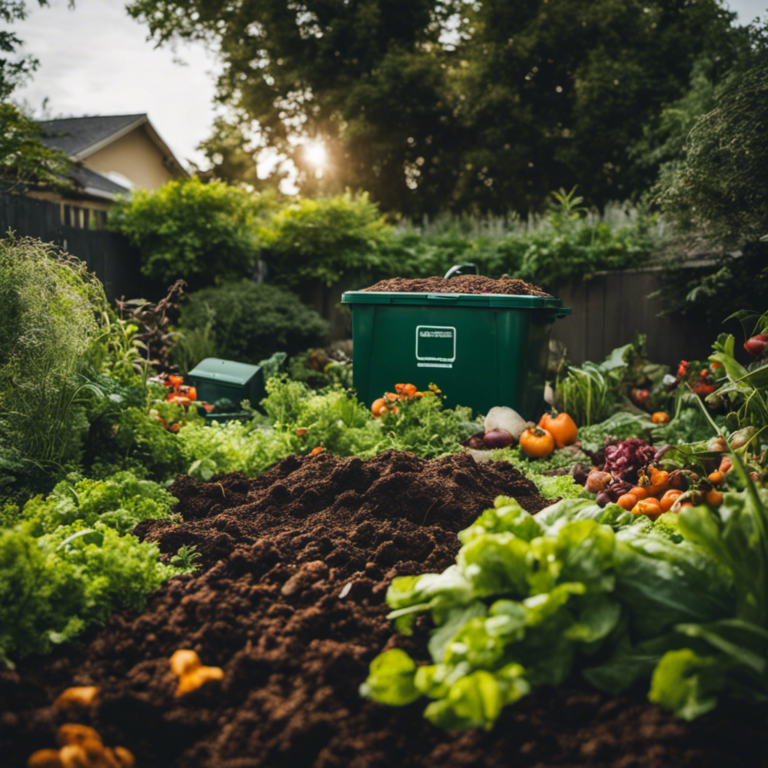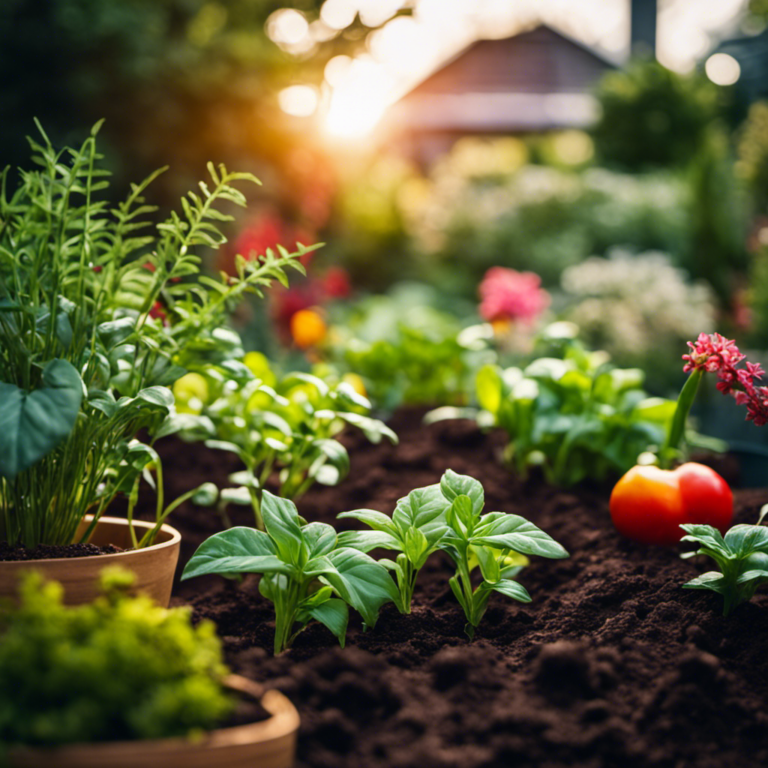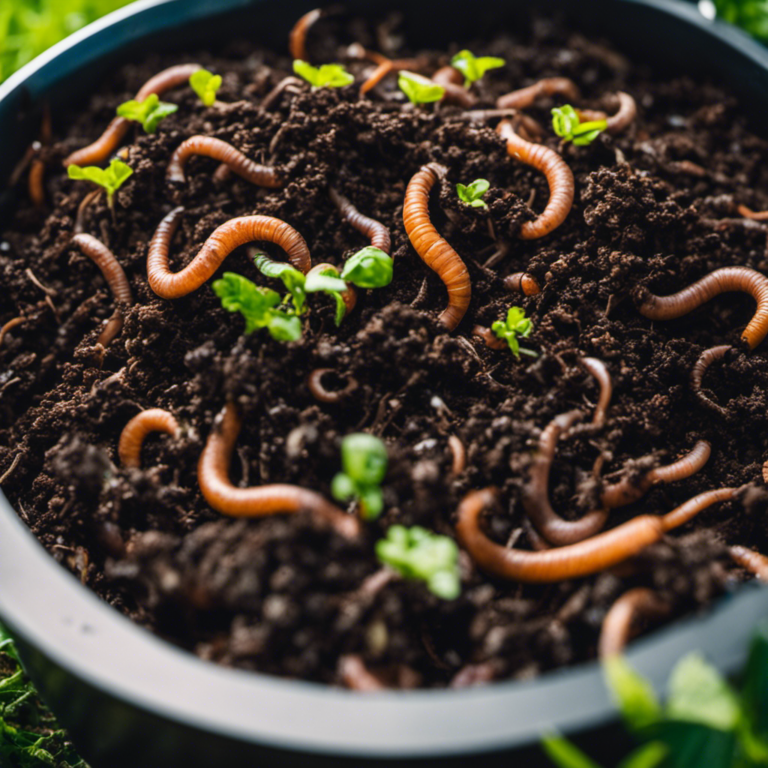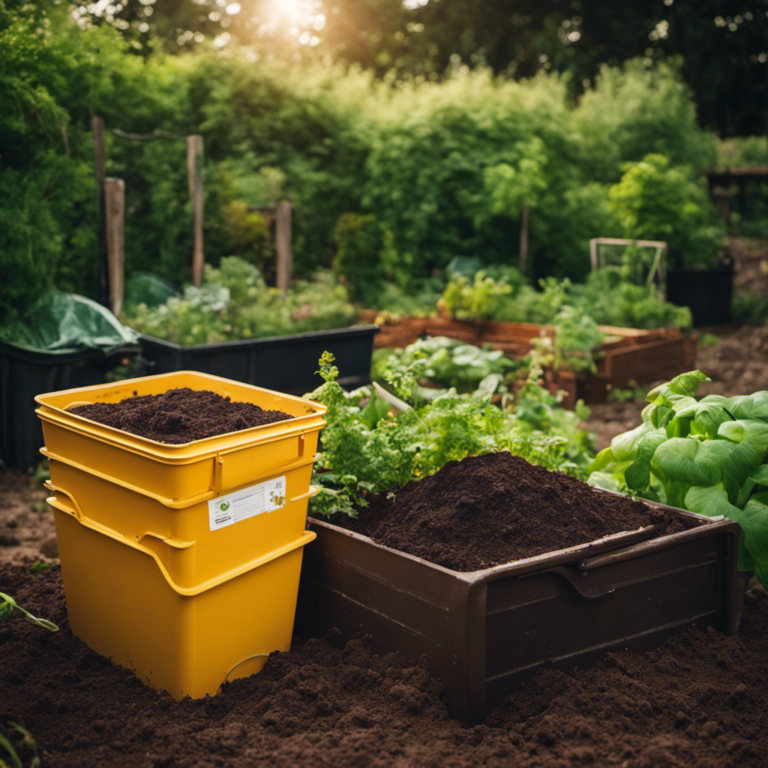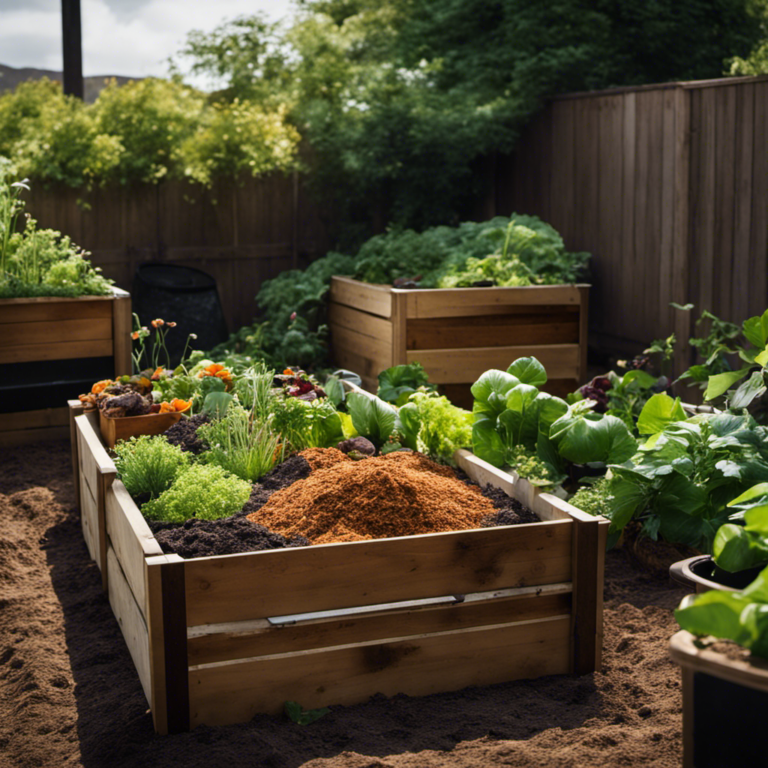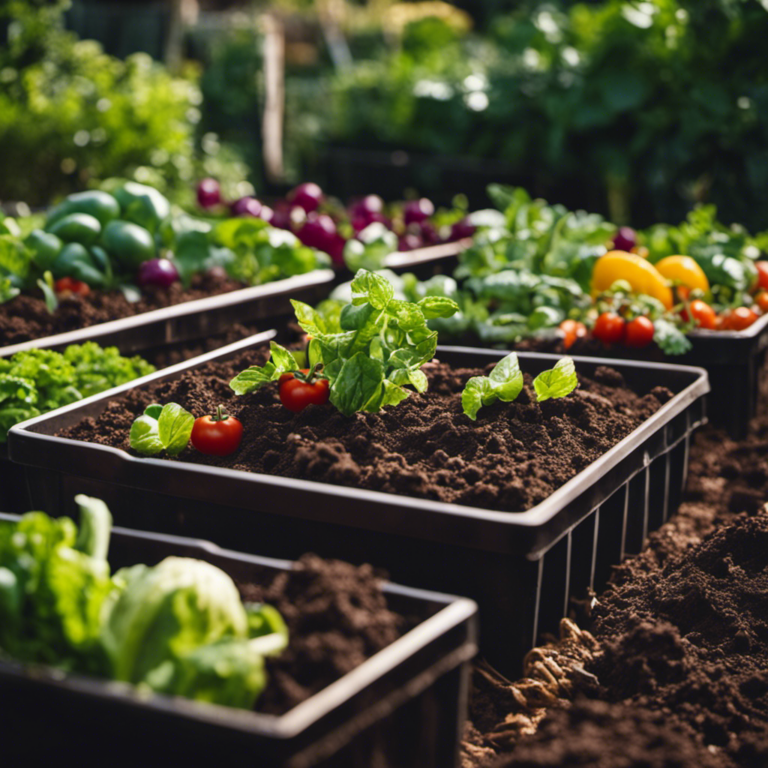Hey there, fellow garden enthusiasts! I have some great tips for achieving successful organic gardening through top composting techniques. It’s actually easier than you might think!
In this article, I will share my tried and true methods for traditional composting, vermicomposting, bokashi composting, hot composting, and composting with green manure.
So get ready to turn your garden into a thriving, eco-friendly paradise. Let’s dive in and start serving Mother Nature!
Key Takeaways
So there you have it! These effective techniques for composting will surely help you achieve successful organic gardening. Who needs to rely on chemical fertilizers when you can harness the power of nature?
By patiently allowing organic matter to decompose, you’ll be rewarded with a vibrant and lush garden. Remember, the stronger the aroma, the better the compost!
Enjoy the process of composting and watch your garden thrive.
Traditional Composting Methods
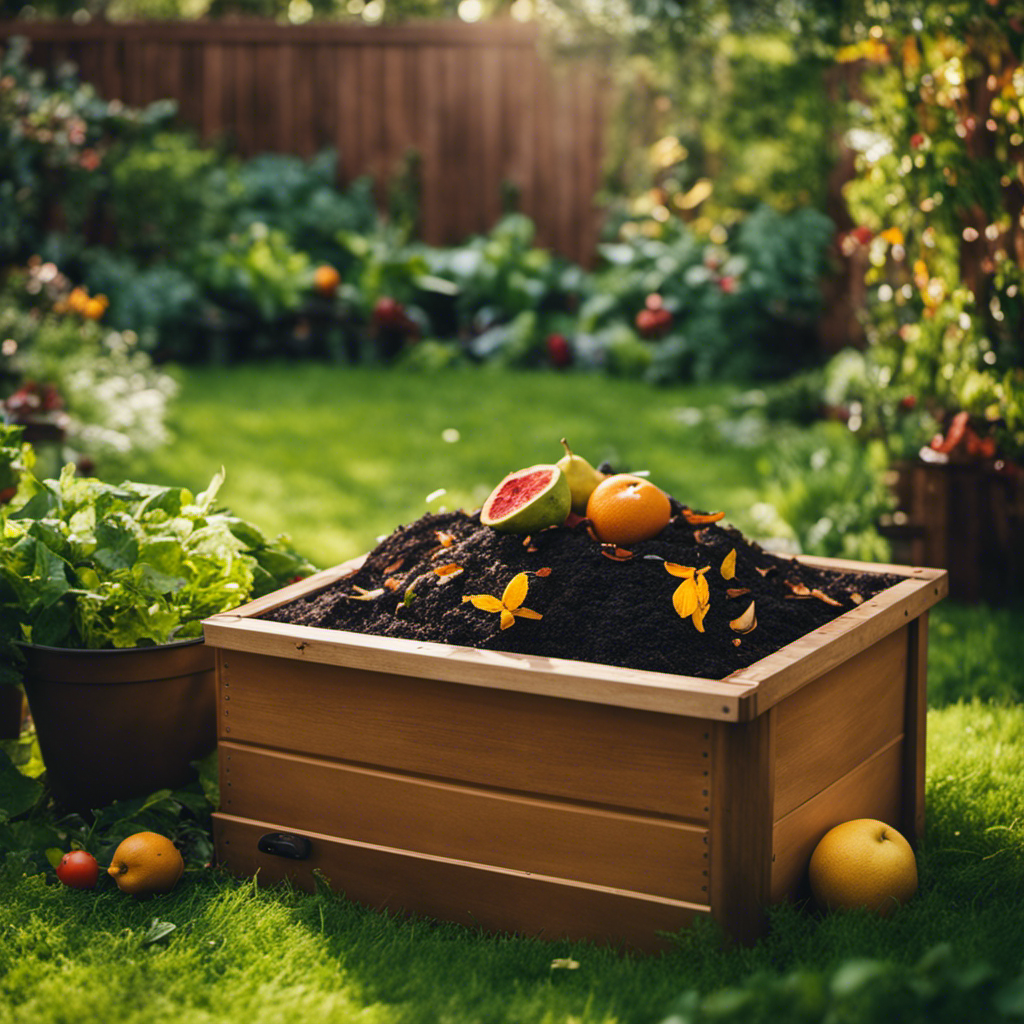
I prefer using traditional methods of composting for my organic gardening. These techniques have been used for centuries and have proven to be effective in creating nutrient-rich soil for my plants.
One method that I rely on is aerated composting, which involves regularly turning or aerating the compost pile to provide oxygen for the microorganisms responsible for decomposition. This process helps break down organic matter faster and prevents the pile from becoming compacted. By turning the pile every few weeks, I ensure that all the materials are evenly decomposed and that the compost is well-aerated.
Another traditional method I use is trench composting. This technique involves digging a trench in the garden and filling it with organic waste, such as kitchen scraps and yard trimmings. The trench is then covered with soil, allowing the waste to decompose directly in the ground. This method not only enriches the soil but also reduces the need for external compost bins or piles.
Both aerated composting and trench composting are simple yet effective ways to recycle organic waste and improve the fertility of the soil. By using these traditional methods, I can create a sustainable and thriving garden that nourishes both my plants and the environment.
Vermicomposting
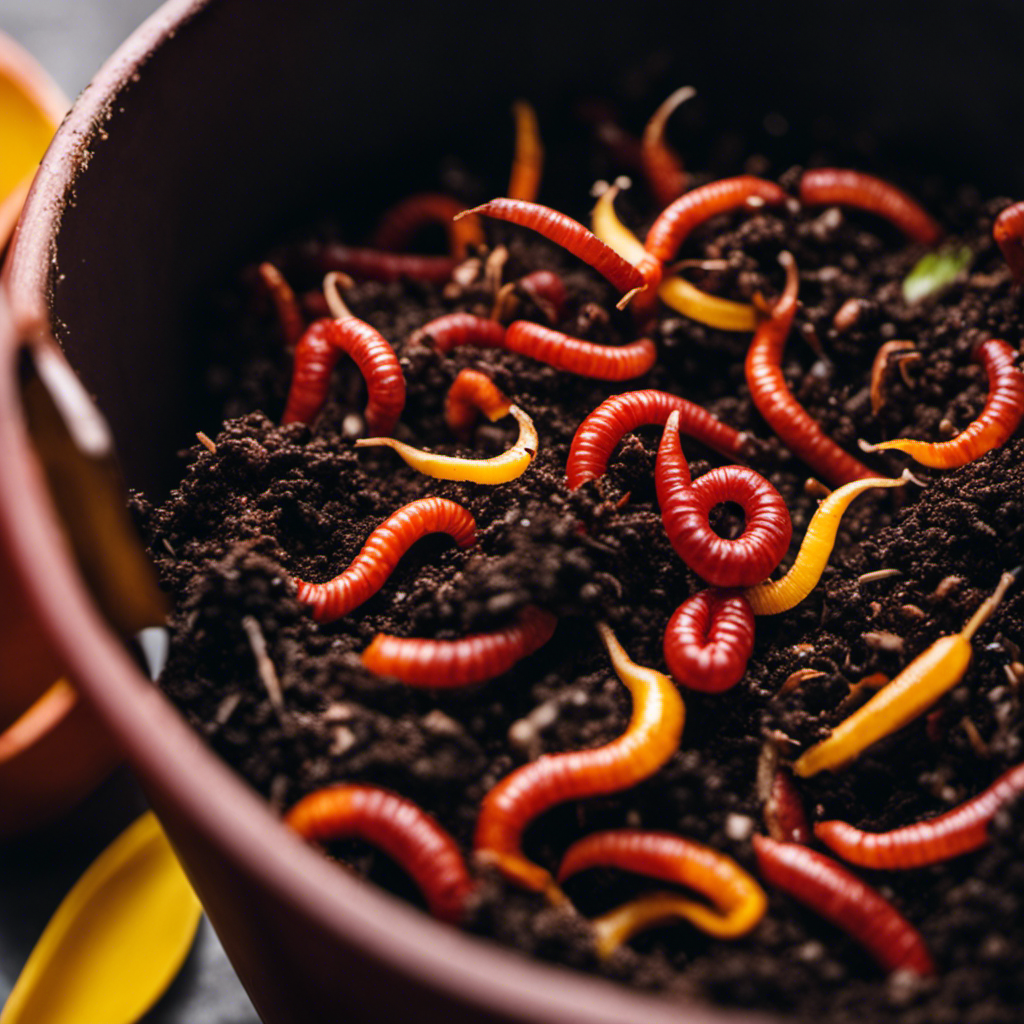
Vermicomposting is an effective technique that can greatly enhance the nutrient content of an organic garden. By using worms to break down organic waste into nutrient-rich compost, vermicomposting offers several benefits that make it a valuable addition to any garden.
One of the key advantages of vermicomposting is its ability to accelerate the decomposition process. Worms, such as red wigglers and earthworms, have a strong appetite for organic matter. They consume and digest the waste, breaking it down into smaller particles. This not only speeds up the decomposition process but also increases the surface area available for microbial activity, leading to faster decomposition overall.
In addition to faster decomposition, vermicomposting also produces high-quality compost that’s rich in essential nutrients. The worms’ digestive systems enhance the breakdown of organic matter, resulting in nutrient-dense compost that’s even more beneficial for plants compared to traditional composting methods. This nutrient-rich compost can be used to fertilize the garden soil, providing plants with the necessary elements for healthy growth.
When it comes to vermicomposting, it’s important to choose the right types of worms. Red wigglers, also known as Eisenia fetida, are the most commonly used worms for vermicomposting. They’re highly efficient at breaking down organic waste and can thrive in a wide range of conditions. Another suitable worm species for vermicomposting is the European nightcrawler, also known as Eisenia hortensis. These worms are larger and can consume larger amounts of waste, making them ideal for larger-scale vermicomposting projects.
Bokashi Composting
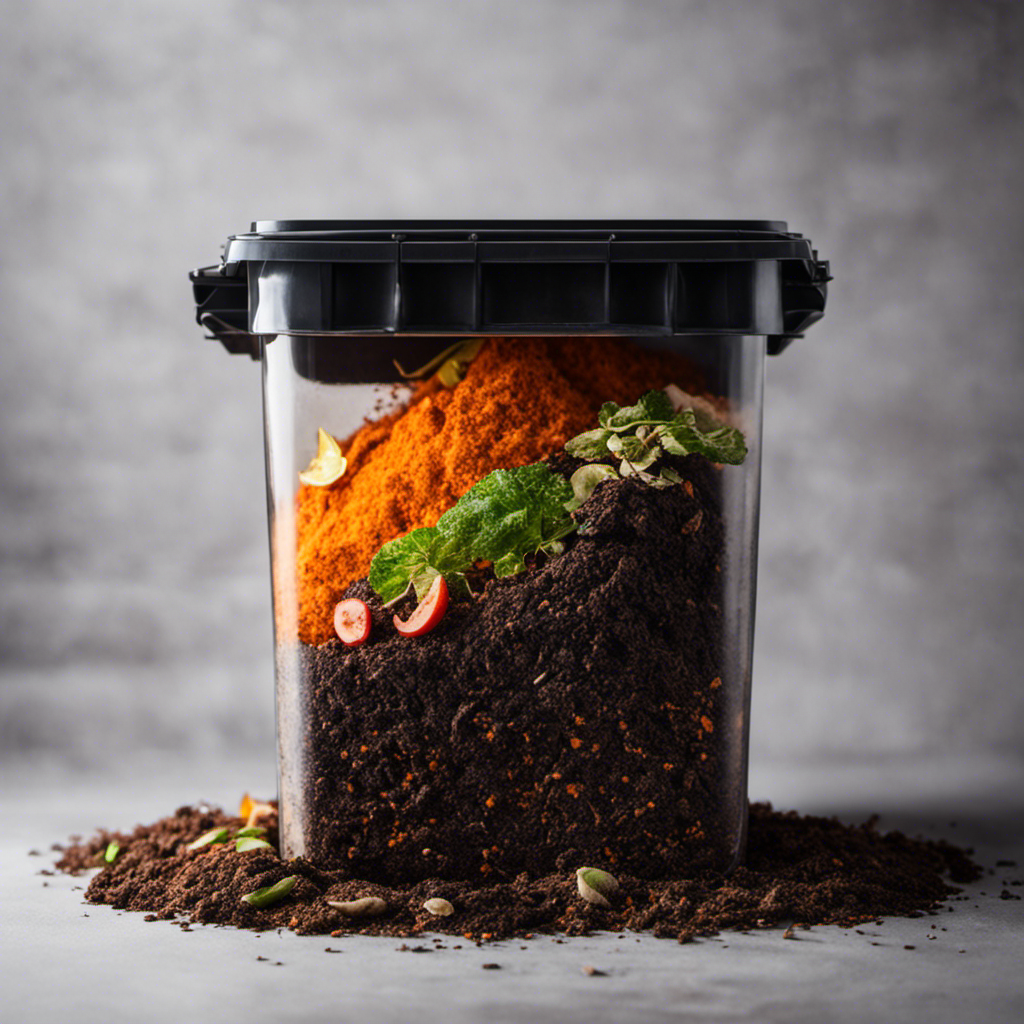
Bokashi Composting
Another effective composting technique that can greatly benefit organic gardening is bokashi composting. Bokashi composting is a unique process that uses beneficial microorganisms to ferment organic waste, resulting in a nutrient-rich soil amendment.
The bokashi composting process involves layering food scraps, such as fruit and vegetable peels, coffee grounds, and eggshells, with a special bokashi bran that contains effective microorganisms. This mixture is then sealed in an airtight container, allowing the fermentation process to take place. Unlike traditional composting methods, bokashi composting can break down a wider range of materials, including meat, dairy, and cooked foods.
One of the key benefits of bokashi composting is its ability to accelerate the composting process. The fermentation process is much faster compared to traditional composting, typically taking just a few weeks to a few months. Additionally, bokashi composting can be done indoors, making it a convenient option for those with limited outdoor space.
Bokashi Composting Benefits:
- Accelerates composting process
- Can compost a wider range of materials
- Can be done indoors
- Produces nutrient-rich soil amendment
- Takes few weeks to a few months
Hot Composting
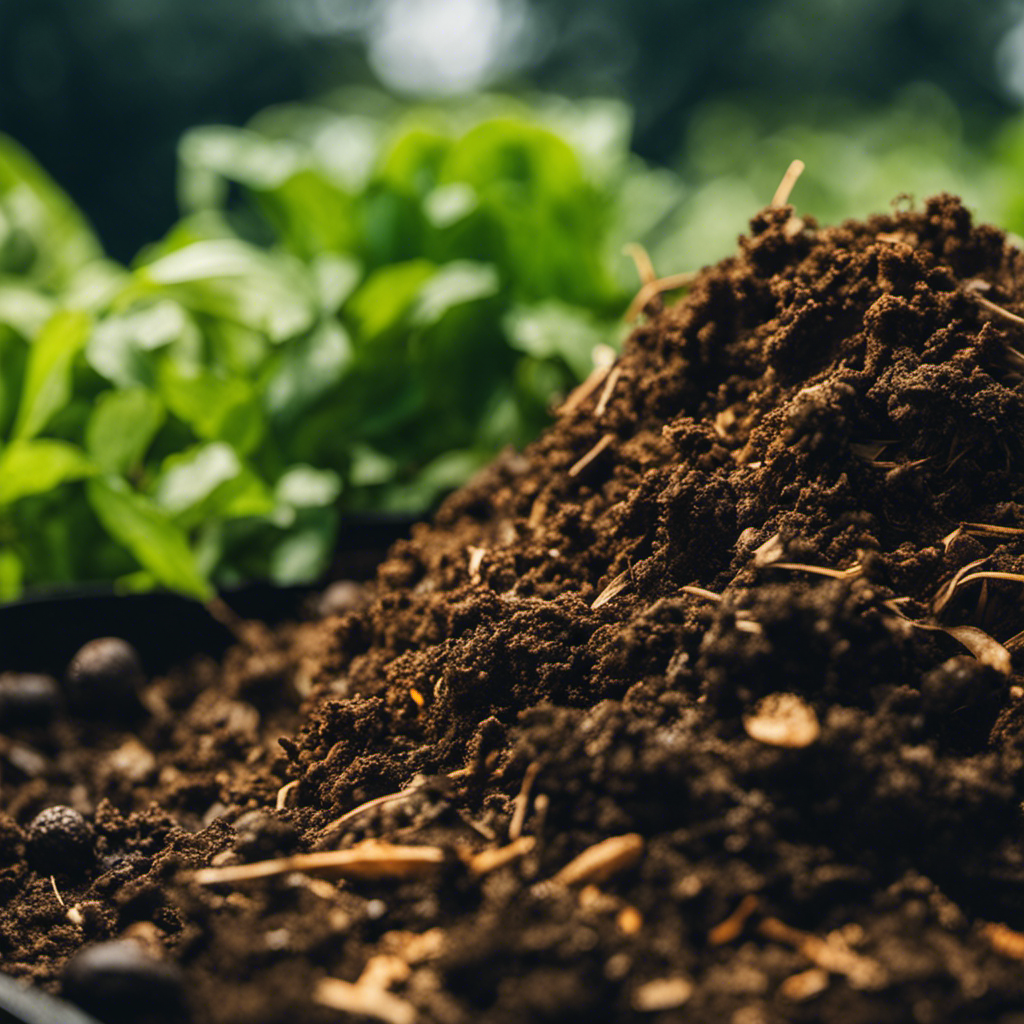
Hot Composting: A Powerful Technique for Organic Gardening
Successful organic gardening relies on effective composting techniques. One such technique is hot composting, which utilizes heat to quickly and efficiently break down organic matter. By harnessing the power of heat, hot composting offers numerous benefits for gardeners striving to create nutrient-rich soil.
The hot composting process involves creating a compost pile that reaches high temperatures, typically between 130°F and 160°F. This heat accelerates the decomposition process, resulting in faster breakdown of materials and the elimination of weed seeds and pathogens. Additionally, hot composting helps eliminate harmful bacteria and insects, reducing the risk of disease and pest infestations in your garden.
One of the major advantages of hot composting is its ability to produce compost rapidly. With proper management, you can have finished compost in as little as three to four weeks. This quick turnaround time allows you to continuously supply your garden with fresh, nutrient-rich soil amendments throughout the growing season.
To achieve optimal results with hot composting, it’s important to maintain the right balance of carbon-rich and nitrogen-rich materials. Carbon-rich materials such as dry leaves, straw, and wood chips, should be combined with nitrogen-rich materials like kitchen scraps, grass clippings, and coffee grounds. Regularly turning the compost pile is also crucial to ensure proper aeration and even distribution of heat.
Incorporating hot composting into your gardening practices is invaluable for maximizing efficiency and nutrient availability. By harnessing the power of heat, hot composting offers rapid decomposition, weed and pathogen control, and quick production of high-quality compost. This technique will undoubtedly lead to bountiful harvests and vibrant, healthy plants.
Composting With Green Manure
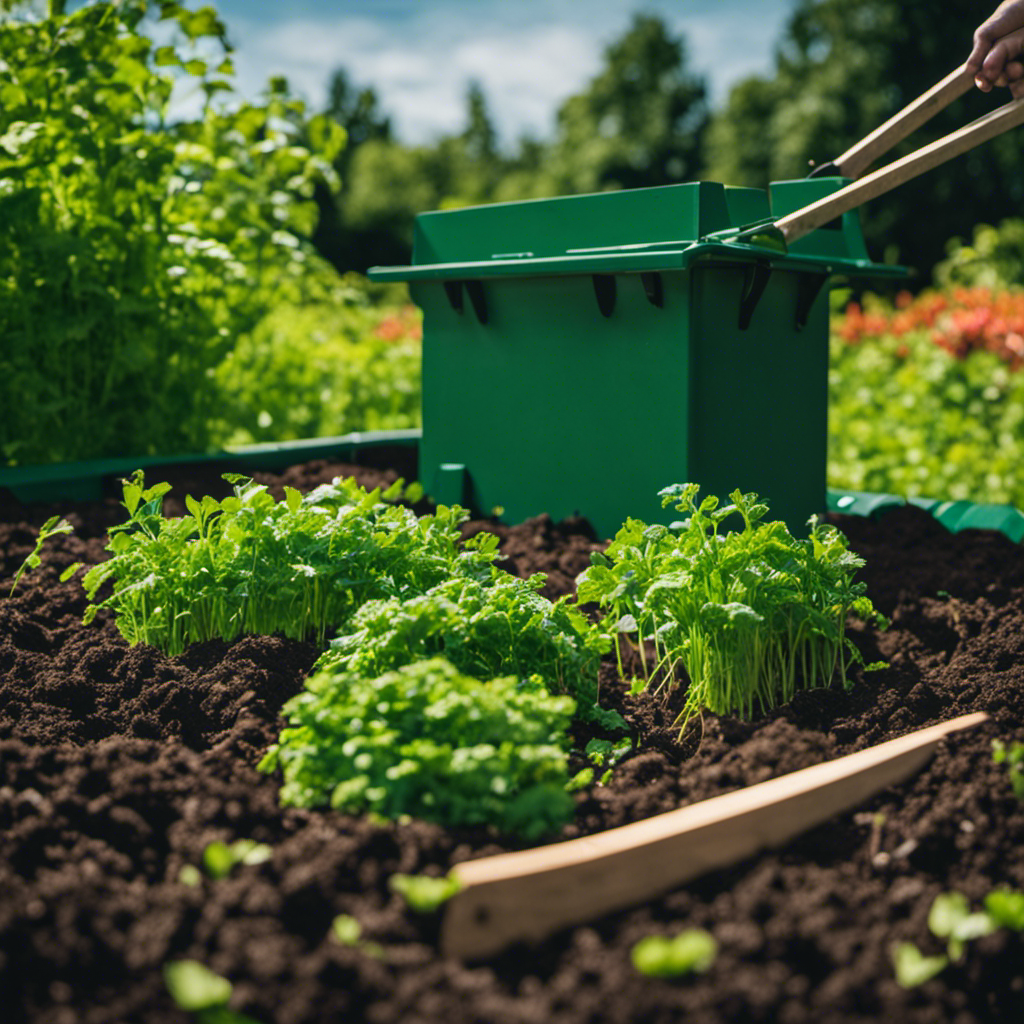
Composting With Green Manure: An Effective Method to Improve Soil Fertility
When it comes to composting, incorporating green manure can greatly enhance its effectiveness. Green manure refers to cover crops that are specifically grown to be mixed into the soil, thereby improving its fertility. By using green manure in composting, you can enjoy several benefits that contribute to the overall health of your plants and garden.
One of the key advantages of green manure is its ability to fix nitrogen. Plants such as legumes have the remarkable capability to extract nitrogen from the air and convert it into a form that other plants can utilize. This enriches the compost with nitrogen, an essential nutrient for plant growth.
In addition to nitrogen fixation, green manure also contributes organic matter to the compost pile. This organic matter improves the structure of the soil, enhancing its water-holding capacity. Furthermore, it serves as a valuable food source for beneficial soil organisms, promoting a healthy and thriving ecosystem.
Another advantage of using green manure is its ability to suppress weed growth. By densely planting green manure crops, they outcompete weeds and prevent their proliferation. This reduces the need for chemical weed control methods and ensures a cleaner and more sustainable gardening approach.
Additionally, certain green manure crops, like mustard, possess natural compounds that help control soil-borne diseases and pests. Incorporating these crops into the compost can effectively manage these issues, providing a chemical-free solution for healthier plants.
Moreover, green manure plants with deep roots can significantly improve the quality of the soil. They break up compacted soil, improve drainage, and increase soil aeration. This leads to better nutrient absorption and overall soil health.
To utilize green manure in composting, simply chop the plants into small pieces and mix them with other compostable materials. It’s crucial to maintain a proper balance between carbon-rich and nitrogen-rich materials for optimal composting. Regularly turning the compost pile facilitates decomposition and helps maintain appropriate moisture levels.
With the addition of green manure, your compost will be enriched with valuable nutrients and organic matter. This nutrient-rich compost can then be used to nourish your plants and promote their healthy growth. By composting with green manure, you aren’t only improving soil fertility but also adopting a sustainable and eco-friendly approach to gardening.
Remember, healthy soil is the foundation for thriving plants. So, why not harness the benefits of green manure and take your composting efforts to the next level?
Quote: ‘Composting with green manure is a natural and effective way to improve soil fertility and promote the health of your plants.’
Conclusion
So there you have it! These effective composting techniques will surely help you achieve successful organic gardening. Who needs to rely on chemical fertilizers when you can harness the power of nature?
With a little patience and the decomposition of organic matter, you’ll be rewarded with a vibrant and lush garden. Remember, the stronger the aroma, the better the compost!
Enjoy the process of composting and watch your garden thrive.
